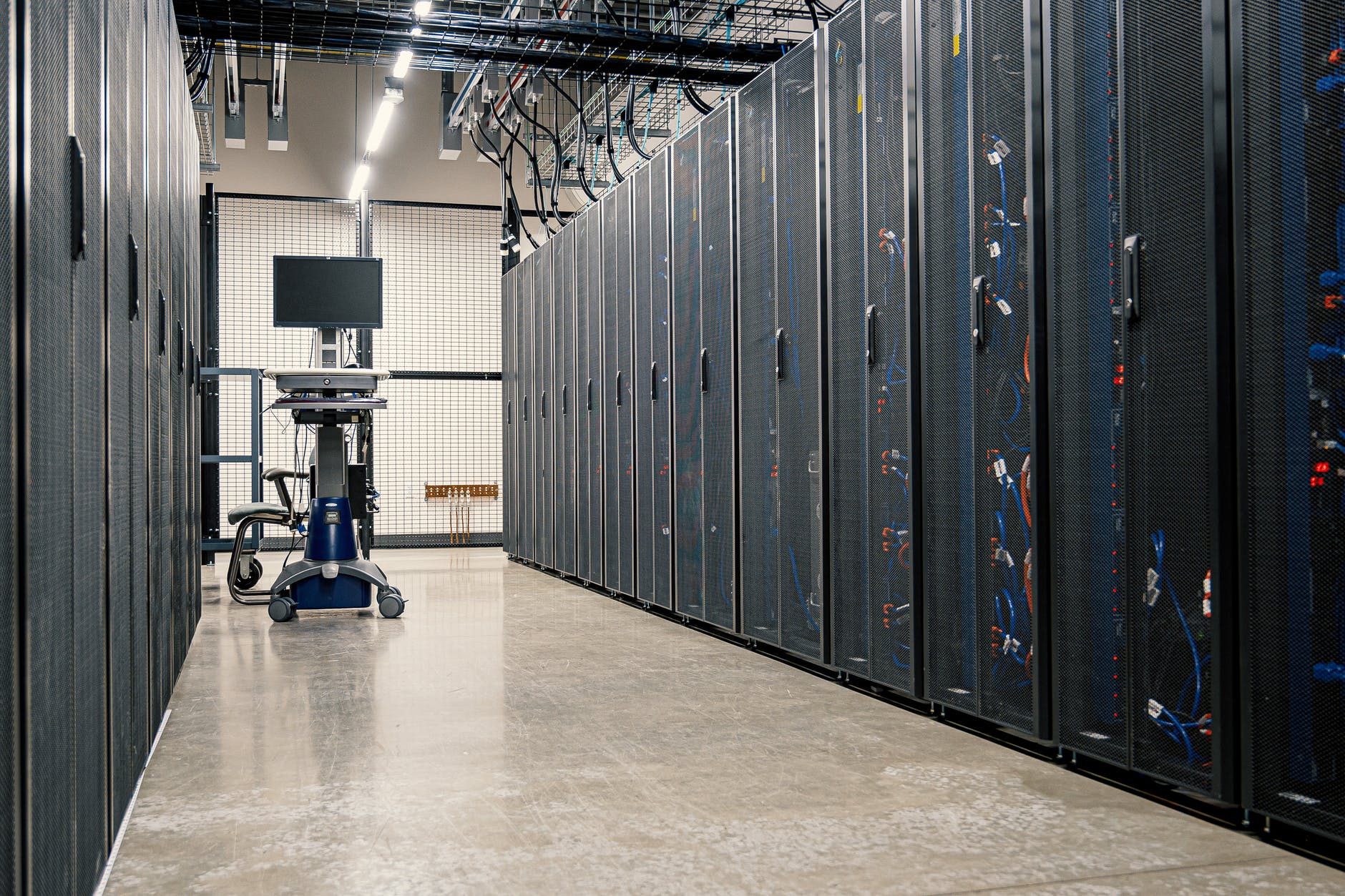
In today’s digital landscape, data security is non-negotiable. For businesses handling sensitive information—whether it’s financial records, healthcare data, or intellectual property—the choice of infrastructure can make or break their security posture.
While multi-tenant cloud environments offer convenience and scalability, single-tenant bare metal servers, such as bare metal or dedicated servers, stand out as the more secure option for protecting critical workloads. Here’s why.
What is a Single-Tenant Server?
A single-tenant server is a physical or virtual server dedicated entirely to one customer. Unlike multi-tenant environments, where resources are shared among multiple users, a single-tenant server ensures that your data and applications run in complete isolation. This exclusivity is the foundation of its security advantages.
Complete Isolation for Enhanced Security
The most significant advantage of a single-tenant server is its complete isolation. In a multi-tenant environment, your data resides on the same hardware as other users, creating potential vulnerabilities. Even with advanced virtualization technologies, the risk of cross-tenant attacks or data leaks cannot be entirely eliminated.
With a single-tenant server, your data is physically separated from others, eliminating the risk of "noisy neighbors" or unauthorized access from other tenants. This isolation is particularly critical for industries like finance, healthcare, and government, where data breaches can have severe legal, financial, and reputational consequences.
No Shared Resources, No Contention
In multi-tenant environments, shared resources like CPU, memory, and storage can lead to performance issues and security risks. For example, a sudden spike in another tenant’s activity could impact your server’s performance or expose vulnerabilities in the shared infrastructure.
Single-tenant servers eliminate this risk by providing dedicated resources. Your workloads run on hardware that is entirely yours, ensuring consistent performance and reducing the attack surface. This exclusivity is especially important for sensitive workloads that require high availability and reliability.
Greater Control Over Security Configurations
Single-tenant servers give you full control over the security configurations of your environment. You can implement custom firewalls, encryption protocols, and access controls tailored to your specific needs. This level of control is often limited in multi-tenant environments, where security settings are standardized to accommodate multiple users.
For businesses handling sensitive information, the ability to customize security measures is a game-changer. You can ensure compliance with industry regulations like GDPR, HIPAA, or PCI-DSS while maintaining the flexibility to adapt to evolving threats.
Reduced Risk of Cross-Tenant Attacks
Multi-tenant environments are attractive targets for cybercriminals because a single vulnerability can potentially expose multiple users. Cross-tenant attacks, such as side-channel attacks or VM escape exploits, are real risks in shared environments.
With a single-tenant server, the attack surface is significantly reduced. Since your data and applications are isolated, attackers cannot leverage other tenants’ vulnerabilities to gain access to your environment. This added layer of security is invaluable for protecting sensitive workloads.
Compliance and Data Sovereignty
Many industries are subject to strict regulatory requirements that mandate data isolation and control. For example, healthcare organizations must comply with HIPAA, while financial institutions must adhere to PCI-DSS. Single-tenant servers make it easier to meet these requirements by providing a dedicated environment where data is fully controlled and auditable.
Additionally, single-tenant servers are ideal for businesses that need to comply with data sovereignty laws. By keeping data within a dedicated server located in a specific region, businesses can ensure compliance with local regulations and avoid potential legal issues.
Predictable Performance for Critical Workloads
Sensitive workloads often require consistent and predictable performance. In multi-tenant environments, performance can be affected by other users’ activities, leading to latency or downtime. This unpredictability is unacceptable for mission-critical applications like real-time transaction processing or patient data management.
Single-tenant servers guarantee consistent performance by eliminating resource contention. Your workloads run on dedicated hardware, ensuring that they operate at peak efficiency without interference from other users.
Long-Term Security and Peace of Mind
While multi-tenant environments may offer cost savings and scalability, they often come with hidden security risks. Single-tenant servers, on the other hand, provide long-term security and peace of mind. By investing in a dedicated environment, businesses can protect their sensitive data, maintain compliance, and ensure the reliability of their critical workloads.
Over time, the reduced risk of breaches, downtime, and compliance violations can lead to significant cost savings and a stronger reputation. For businesses that prioritize security, single-tenant servers are a worthwhile investment.
The Secure Choice for Sensitive Workloads
When it comes to protecting sensitive information, single-tenant servers are the clear winner. Their complete isolation, dedicated resources, and customizable security configurations make them the ideal choice for businesses handling critical workloads.
While multi-tenant environments may offer convenience and cost savings, they cannot match the security and reliability of single-tenant servers. For industries like finance, healthcare, and government, where data security is paramount, single-tenant servers provide the peace of mind needed to focus on growth and innovation.
In a world where data breaches are increasingly common, choosing a single-tenant server is not just a technical decision—it’s a strategic one. By prioritizing security and control, businesses can safeguard their most valuable assets and build a foundation for long-term success.